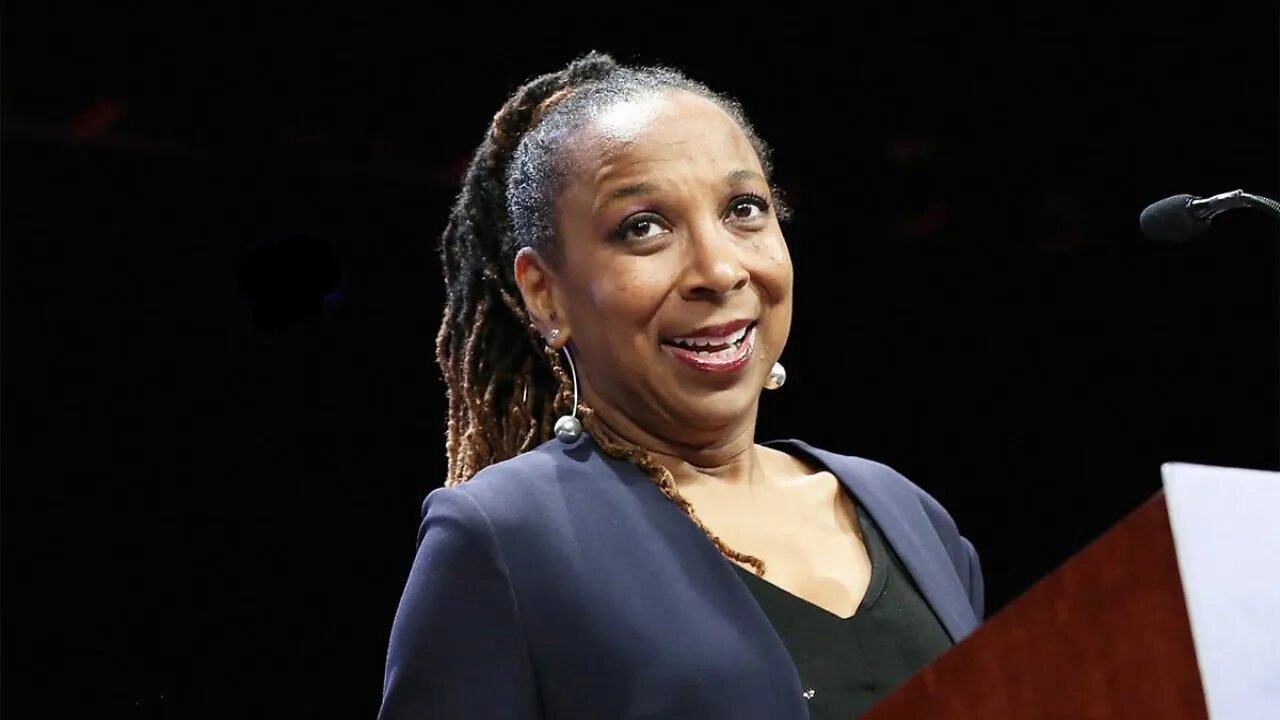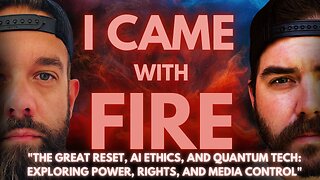Premium Only Content

Race, Reform, and Retrenchment by Kimberle Crenshaw: Section 3
Race, Reform, and Retrenchment by Kimberle Crenshaw: Section 3
In this video, I dive into the third section of Kimberlé Crenshaw's seminal article, "Race, Reform, and Retrenchment: Transformation and Legitimation in Antidiscrimination Law." This section unpacks the transformative vision of Critical Legal scholars and scrutinizes its limitations, especially when it comes to addressing racial oppression.
So, what do Critical Legal scholars propose? They argue that ideology is the main barrier to social change. By exposing this ideology, they believe we can reveal the shaky foundations of our legal and social systems, allowing us to reimagine and reshape our world. Sounds promising, right?
Well, Crenshaw has some reservations. She points out that while these scholars are busy dissecting mainstream legal ideology, they often neglect racism as a foundational pillar that upholds American society. This glaring omission makes their analysis incomplete and their recommendations, especially for Black Americans, somewhat unrealistic.
But that's not all. Crenshaw also highlights that these scholars often operate in a theoretical bubble, disconnected from the lived experiences of racially oppressed communities. This detachment limits the applicability of their work, particularly when it comes to understanding the civil rights movement and the unique challenges that Black Americans face.
Now, let's talk about the tactic of "trashing" liberal legal ideology, a popular approach among Critical scholars. While this might expose the limitations of our current legal discourse, Crenshaw questions its practical utility. She argues that the very process of legitimation, which these scholars aim to challenge, both creates and restricts opportunities for meaningful change.
So, what are the key takeaways? First, Critical scholars often overlook the crucial role of racism in American society. Second, there's a disconnect between their theoretical framework and the lived experiences of racially oppressed communities. Third, while they may be good at critiquing the system, they offer little in the way of practical guidance for navigating it. And lastly, the need to maintain social legitimacy can both open and close doors for transformative change.
In conclusion, Crenshaw calls for a more nuanced approach. She argues that any effective strategy for social change must be deeply rooted in the lived experiences and specific needs of racially oppressed communities.
-
 2:11:33
2:11:33
I_Came_With_Fire_Podcast
11 hours agoThe Great Reset, AI Ethics, and Quantum Tech: Exploring Power, Rights, and Media Control
25.7K6 -
 2:13:16
2:13:16
Rotella Games
4 days agoFamily Friendly Saturday Morning Fortnite!
26.8K3 -
 58:32
58:32
Rethinking the Dollar
3 hours agoThe Crisis Within A Crisis: A Recessionary Response Heading Into 2025
13.9K -
 4:45:41
4:45:41
Mesilo
8 hours agoDelta Force - Warfare Leveling
15K -
 1:48:32
1:48:32
Game On!
18 hours ago $12.33 earnedExperts DEBATE who will win the 2024 Heisman Trophy!
81.2K7 -
 9:21
9:21
Space Ice
19 hours agoStarship Troopers Proved Once & For All: Violence Solves Everything - Best Movie Ever
29.8K17 -
 21:35
21:35
Goose Pimples
1 day ago7 Ghost Videos SCARIER Than Your Dad’s Dance Moves
18.5K1 -
 6:27
6:27
Dr. Nick Zyrowski
8 hours agoWhat To Eat To Lower Inflammation In Your Body
15K8 -
 8:31
8:31
Resist the Mainstream
17 hours agoCollege Student CONFRONTS Charlie Kirk And Gets A Reality Check
21.5K7 -
 18:05
18:05
Code Blue Cam
1 day agoWhen You’re Too Drunk to Realize You Almost Hit Kamala Harris Head-On
19.3K7